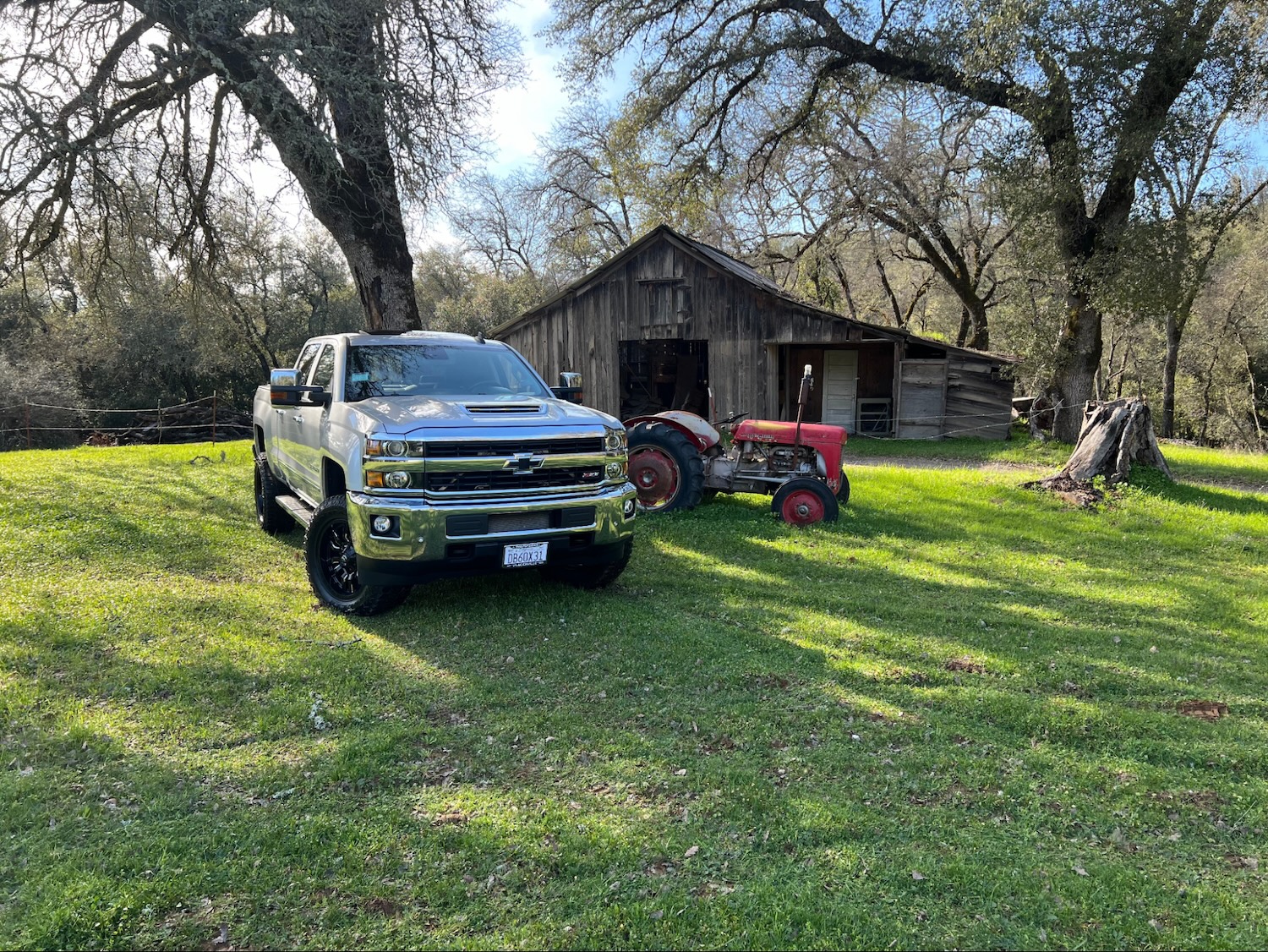DMAXStore is a niche eCommerce retailer specializing in GMC and Chevy Duramax Diesel truck parts. Founded in 2004, the company built a strong reputation for carrying high-performance, carefully selected products tailored to the Duramax diesel market. With deep industry knowledge and a loyal customer base of truck enthusiasts and mechanics, DMAXStore positioned itself as a go-to destination for premium diesel parts.
The Challenge
After years on OpenCart, DMAXStore faced increasing limitations with their platform. Navigation was outdated, product discovery was inefficient, and backend processes were difficult to manage. Customers needed faster ways to find parts compatible with specific truck models and years, but the existing system could not keep up with the expectations of their performance focused audience. Internally, managing thousands of SKUs with complex variant logic was time consuming and error prone.
One of the most complex hurdles was the handling of core charges which are refundable deposits required for specific parts like injectors or turbochargers. These charges are applied at the time of purchase and refunded once the used part, or “core,” is returned. This model is standard in the automotive industry but difficult to replicate in ecommerce, where most platforms are not designed to accommodate conditional pricing logic based on future customer actions. DMAXStore needed a custom solution that preserved the customer experience while accurately processing core charges at checkout and refund.

Project Goals
The goal was to migrate the site to Shopify to improve user experience, reinforce DMAXStore’s brand authority, and streamline internal operations. Specific objectives included creating an intuitive navigation system tailored to Duramax trucks, improving product discovery through clear collection structures and filtering, integrating custom business logic for pricing and returns, and enabling more efficient backend data management.
Strategic Approach
Two navigation strategies were evaluated. The first option was a traditional Year Make Model search, common in automotive ecommerce for its speed and simplicity. However, this approach felt too generic and failed to highlight the brand’s deep specialization. The second option involved building a layered navigation system using Shopify’s native collection functionality, allowing users to browse by truck model, product type, and brand. Ultimately, a hybrid solution was implemented. A visual selector was added to the homepage for quick access, while the site’s main navigation leaned on a detailed, branded collection hierarchy to support deeper browsing.
Implementation and Technical Solutions
The migration from OpenCart to Shopify involved complex data transformation and platform-specific customization. Legacy product data had to be cleaned and reformatted, and product options had to be rebuilt. Ambaum developed custom scripts to convert product variants and apply logic required for the new storefront.
The most technically demanding piece of the project was implementing core charge functionality. In physical stores, core charges are relatively easy to manage, but online they present a challenge due to platform constraints. Shopify does not natively support conditional refund triggers or dual price logic tied to post-purchase actions. To address this, a custom approach was developed within Shopify to replicate the functionality of core charges in a way that worked with the platform’s limitations. The goal was to ensure that core charges could be applied at checkout and tracked accurately for return and refund, without disrupting the overall shopping experience. The final solution maintained both usability for the customer and operational clarity for the internal team.
Additional functionality included custom wholesale pricing tiers, multi level collection filters, enhanced mobile usability, and future integration with Shopify Functions for more complex logic down the road.

Working with Todd Williams and the Ambaum team has been a huge boost for DmaxStore.com. Todd really took the time to understand how our site needs and helped us make changes needed to grow and improve our site. He explains the technical side in a way that’s easy to follow, which makes every step of the process smoother. With Todd by our side this year, our sales are up 18% year over year, and our site runs better than ever. He keeps projects on track and focused and will even bump myself when needed. If you’re looking for a Shopify partner who knows how to turn ideas into real growth, Todd is the guy to call.”
- Travis Edwards, Ecommerce Sales Manager
Results
The new DMAXStore site launched with immediate improvements in user behavior and internal efficiency. Customers responded positively to the improved navigation and faster product discovery. Conversion rates rose as friction decreased, and average session durations increased. Internal teams reported that managing product data, tags, and collections was significantly easier post-launch.
Core charge handling, previously a manual and error-prone process, was now streamlined and integrated within the Shopify cart. Though still complex by nature, the system is easier to maintain and build for future upgrades with the flexibility of Shopify Functions.
Conclusion
The DMAXStore migration is a clear example of how niche ecommerce brands benefit from platform modernization when paired with strategic UX thinking and custom development. The project not only elevated the user experience but also addressed deep operational complexities, including the challenge of implementing core charge logic in a digital environment.
By investing in platform flexibility and brand-aligned design, DMAXStore is now well positioned to scale. Future phases may include deeper Shopify Functions integration, advanced return automation, and customer community features like image galleries and truck builds. With a modern infrastructure in place, DMAXStore continues to grow as the premier destination for Duramax Diesel truck parts.










